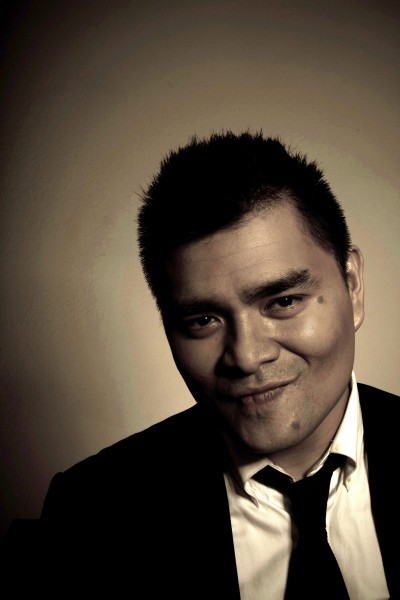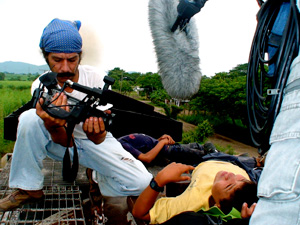Introduction
Core classes, electives, credit hours, those terms used to confuse me until this week in FYE when we discussed Degree Engagement as well as our Values.
Class Discussions
On Monday, we talked about Degree Engagement and the requirements we have to get to earn a degree. Furthermore we discussed the Major Requirements Catalog and other useful resources to keep us on the right track with our degree. Afterwards, we were given a paper. On it, was a table with a myriad of words- some similar in meaning while others were vastly different in meaning. Out of 161 words, we had to circle 15 which are important to us. That was really difficult since a lot of the words are similar in meaning. Some of my classmates struggled with this task (which is understandable) . Afterwards, we had to underline ten of those and then put a star next to five of the ten. The five that I chose were:Faith, Relaxation, Efficiency, Family and Wealth. These choices reflect my present and future. I chose faith as in media, religion, science ,technology and the things that everybody else has. If I ever lose my faith in any of those things, there'd be no purpose in my life. I chose family because (I know this sounds cliché) I wouldn't be where I am if it weren't for them. I chose relaxation and efficiency because presently they help me live a peaceful life. I chose wealth because I desire wealth (material and non-material) to enjoy life. For the rest of Monday's class, we talked about each other's choices with respect to their popularity and reflection of the past or future.
 |
| Screenshot taken from Maurice Ashley's Ted-Ed video. |
In Wednesday's class we watched a Ted-Ed video (1) of a Chess Grandmaster, Maurice Ashley, who showed us the concept of working a problem backwards to solve it. Some of those examples were mind-blowing. We were then split up into groups to discuss the video and we can apply it to our goals as well as the five values we chose from Monday's class. I was assigned to be in a group with Rachel and Livia. If I remember correctly, Rachel's goal is to get into forensics and Livia's goal is to be voice/speech therapist. We discussed how were planning to reach those goals. Dra. McGrath briefly showed us a table comparing US Values with other countries. Some of the things being compared are abstract or complex but after some thought, I would say my county's values are similar to that of the US.
Personal Reflection
In the book, Make Your Home Among Strangers, Lizet chose to pursue a major in Biology because a lot of students at her University chose to do Biology. It doesn't really seem like a good way to choose a major but who am I to judge. She should have chosen something that she genuinely wants to do. For me to criticize her would be very hypocritical.
Growing up, I never had a strong passion for any career path nor did I knew what I wanted to do. In year 3 of highschool, I had to choose subjects that I wanted to do for O-Levels. I chose to do Maths, Sciences (Physics, Chemistry, Biology, Geography) and Spanish. I only chose those subjects because all my friends were planning to do those subjects (which wasn't a good reason). After year 5, I had to choose what subjects I wanted to do for A-Levels. This time, I chose Maths, Physics and Chemistry because I enjoyed those subjects and was good at them. Before Year 7,my final year, I had to think of a career path to go into after graduating. In my school, we(the students) associated Biology and Chemistry with Medicine and Maths, Physics and Chemistry with Engineering. With that mindframe, I chose to do Engineering. More specifically, I chose Aerospace Engineering as my career path. I only chose it because it sounded cool and would impress my friends and family. I took a gap year to apply to Universities. In that time I switched my desired area of study to Mechanical Engineering because my academic advisor said that I shouldn't specialize so early in my career path which was a good decision because Mechanical Engineering is a broader field.
Last week, I had my Major Advisement and Honors Advisement. They both guided me on what I should do during my time at GSU. They both talked about research, co-op and internships.My Honors Advisor said that I should do internships and Co-ops then Research in my Junior and Senior years. This week on Wednesday , I went to an information session about research opportunities for Mechanical Engineers. Although I'm a freshman (academically sophomore), most of the research were suited for older students but I was still happy to learn what Research was going on and which Professors were doing research. From the information session, I wish to get involved with research on Wind Energy and renewable energy. I chose them in order to help the Planet and because they would be in greater demand in the future (I hope that's a good reason).
 |
| 2) |
Final Thoughts
Some of my goals in life are to travel the world and to make enough money to retire early whilst finding a good source of passive income. Does the reasons why I chose my Major bother me? Not really. I don't care. Regardless, I'll still put it in the hard work because I have to. I'm on top of my classes. This is a walk in the park compared to highschool. All of my classes are really fun and interesting. Maybe I will never be all the things that I'd like to be. I do feel that I'm in a better state of mind for my career path compared to any other point in my life. I think this week's classes combined with the School's resources really helped me to envision what I need to do in order to get my degree and further advance down my career path.
Sources and Useful Links
Video Mentioned
1.) Working Backward to solve problems- Maurice Ashley
Photo Credits
2.)Terzic/iStock
https://www.nrdc.org/stories/renewable-energy-clean-facts
3.) Fade Away- https://youtu.be/PkBYZdZ3RoI
3.) Fade Away- https://youtu.be/PkBYZdZ3RoI





























